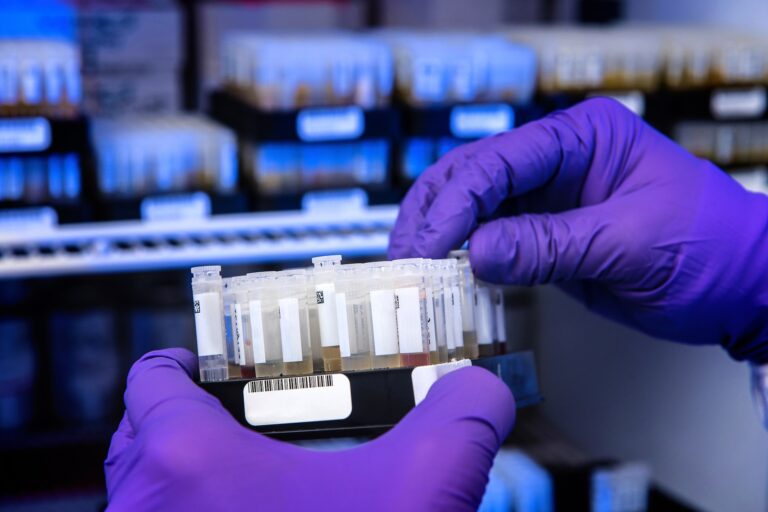Department of Biology
College of Science, Engineering, and Technology
Jackson State University’s degree options in Biology is designed to prepare students for graduate or professional studies, as well as for entering the job market. Students can elect to specialize in Environmental Science, Marine Biology, Pre-Health Careers(Dentistry, Medicine, Optometry, etc.), or Pre-Health Career Prerequisites (Pre-Dental, Hygiene, Pre-Nursing).
Teaching Courses
Courses
- BIO 599: Master’s Thesis Research
- ENV 751: Water Quality Management (3 credit hours – Lecture)
- ENV 780: Environmental Epidemiology (3 credit hours – Lecture)
- ENV 800: Environmental Toxicology (3 credit hours – Lecture)
- ENVL 800: Environmental Toxicology (1 credit hour – Laboratory)
- ENV 801: Risk Assessment and Management (3 credit hours – Lecture)
- ENV 999: Doctoral Dissertation Research
Description of Courses
BIO 599: Thesis Research (Required for M.S. students)
(6 hours). Thesis representing original research.
ENV 751: Water Quality Management
(3 hours). This course provides students with basic concepts and principles in Water Quality Management. The effects of organic, inorganic, biological and thermal pollutants/contaminants in various systems of the hydrologic cycle including streams, reservoirs, and estuaries; eutrophication; water quality criteria and standards; monitoring concepts; methods in water quality management; regulatory considerations; and non point source pollution control, are discussed.
ENV 780: Environmental Epidemiology
(3 hours) This course is designed to provide students with the basic knowledge and skills required to develop and apply epidemiologic principles and concepts to the study of adverse effects of various environmental factors on both human and ecological health. Emphasis is put on the study of the health effects of physical, chemical and biologic factors in the external environment, broadly conceived from the epidemiologic point of view. As such, it enables students to interpret epidemiological data and understand the approaches used in the epidemiologic investigations of acute and chronic diseases. The course also covers the basic methods and issues involved in epidemiologic investigation of disease conditions in human populations.
ENV 800: Environmental Toxicology
(3 hours). Prerequisites: ENV 701, ENV 702. This course is designed to provide an overview of the basic principles and concepts of toxicology including: exposure characterization, dose-response relationship, kinetics and distribution of toxicants in a biological system; to understand the fate, behavior and toxicities of xenobiotic chemicals, and the mechanisms by which they affect cells and organs; and to identify the sources and discuss the effects of various groups of environmental toxicants including heavy metals, pesticides and other industrial byproducts.
ENVL 800: Environmental Toxicology
(1 hour). This course is designed to familiarize the students with important laboratory and field procedures and methods used in toxicological testing of environmental toxicants; and to discuss the strengths and weaknesses of major methodologies including acute, sub-acute, sub-chronic and chronic bioassays.
ENV 801: Risk Assessment and Management
(3 hours). Prerequisites: ENV 800, MATH 700. This course is designed to provide students with qualitative and quantitative skills necessary to evaluate the probability of injury, disease and death in humans and other life forms, from exposure to various environmental contaminants. Hazard identification, exposure assessment, dose-response evaluation and risk characterization are emphasized. Regulatory and technical aspects of risk assessment in the promulgation of public and environmental safety standards are discussed.
ENV 999: Dissertation Research
(20 hours). Original research in one of several sub-disciplines in Environmental Science. Credit per academic session allowable is 1-6 hours. Student must produce, present and defend a document of publication quality.
READY TO JOIN?
For more information, please contact us at (601) 979-2586 or submit your questions and requests to biologydept@jsums.edu. We look forward to meeting with you and seeing how our program can help you achieve your goals.
DEPARTMENT OF BIOLOGY

